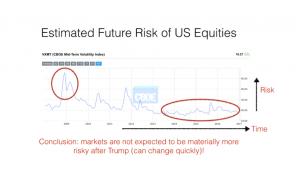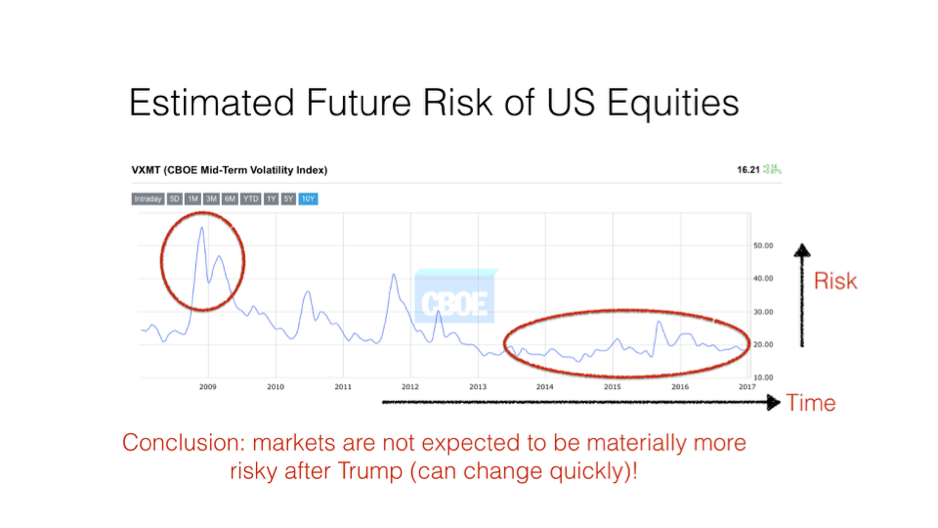 Bad credit can affect you getting a job – can your bad credit and personal finances affect your job search? The answer may surprise you when applying for a job.
Bad credit can affect you getting a job – can your bad credit and personal finances affect your job search? The answer may surprise you when applying for a job.
A recent survey of 35-54 year olds published by the National Financial Education Council found that over 25% of respondents were subjected to a financial background check (or credit check) as a condition for their eligibility to get hired or promoted. Additionally, almost 30% of respondents in the survey were reportedly unsure if their employer performed a financial check beforehand, and 5% of respondents said that they were turned down for a job or promotion as a result of one of these checks (18% were unsure).
With these survey findings in mind, it’s important to understand the implications of your financial situation in regards to either your favorability as a potential employee or your chances at scoring that big promotion. If you’re trying to
Bad Credit and Getting a Job
If you’re trying to compete in the current job market, consider these ways that your personal finances might affect your employability:
Money-Related Stress Affecting Job Performance
Empirical studies have found that money-related stress can distract employees from their jobs and make them late or absent more often than employees who aren’t struggling financially. Understandably, it’s incredibly difficult to ignore thoughts of impending bill due dates, skyrocketing credit card debt, debt collectors harassing you, and even the possibility foreclosure or bankruptcy lingering in the back of your mind while you try to go about your daily professional life.
You’re not alone, however. A large survey conducted by the American Psychological Association in 2014 found that money was the #1 stressor among adults, with 72% of Americans reportedly feeling stressed about money just in the last month, and 22% of Americans feeling extreme levels of stress when it comes to money. Stress is inherent to almost any job, but when your personal stress follows you into the workplace, it can negatively impact your job performance if left unchecked.
According to the NFEC, over 25% of job applicants are subjected to a financial background check.Click To Tweet





 Where do you draw the line on what is an asset? We all understand thanks to J and his posts that to calculate your net worth, you simply subtract all of your debts from a list of assets like your home, investments, and your cars.
Where do you draw the line on what is an asset? We all understand thanks to J and his posts that to calculate your net worth, you simply subtract all of your debts from a list of assets like your home, investments, and your cars.